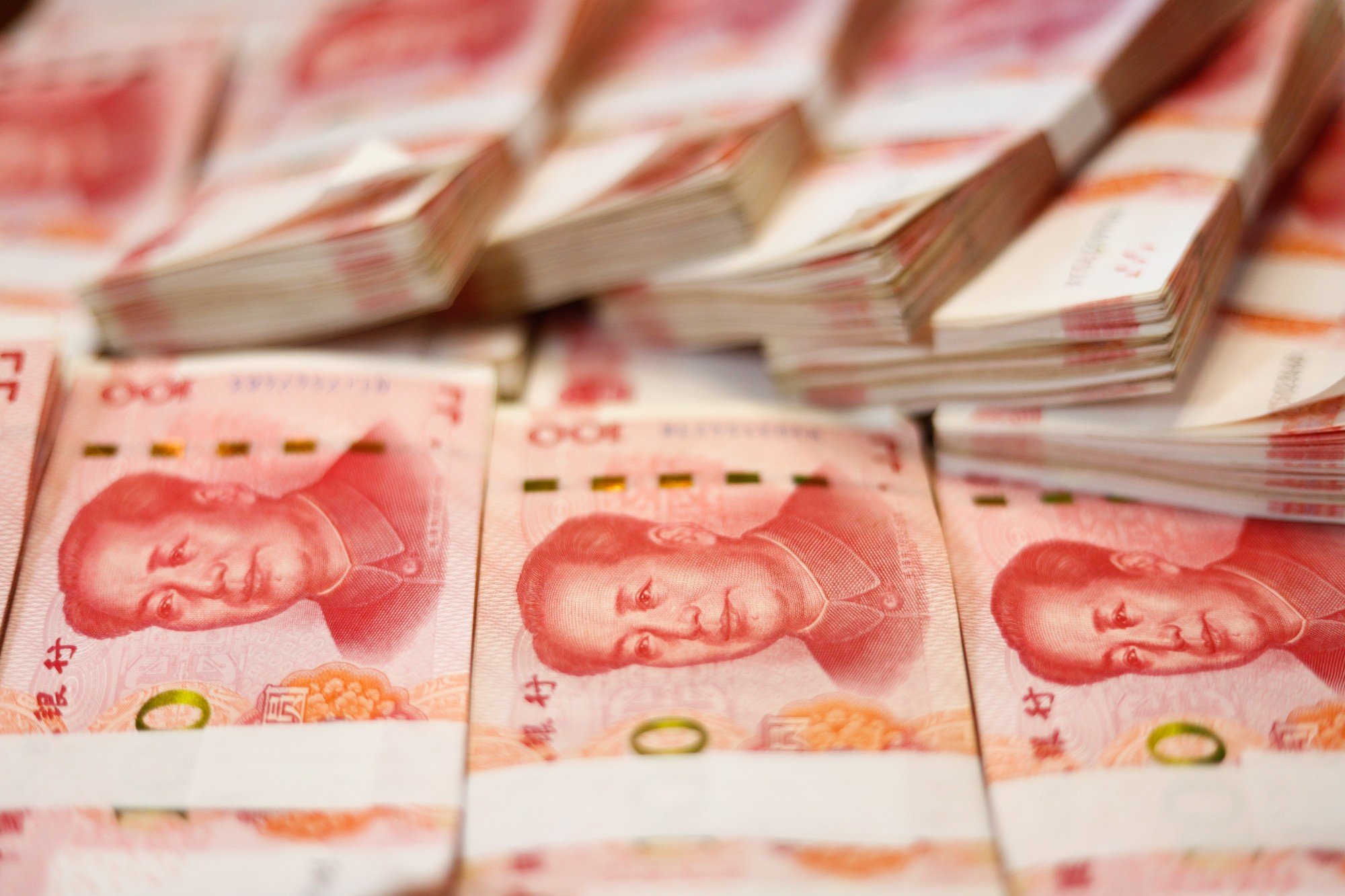
Hong Kong’s revamped IPO rules and dual-currency trading counter will drive yuan internationalisation, tech innovation, HKEX says
- Hong Kong’s market ‘will facilitate the yuan’s internationalisation and technology innovation’, HKEX’s chief China economist says
- More than 30 countries currently use the yuan for trade settlements after China recently reached agreements with Brazil and Saudi Arabia to make trade payments in its currency
“Compared with Shanghai, Hong Kong’s market is unique with a large base of institutional and foreign investors,” Ba said. “That will facilitate the yuan’s internationalisation and technology innovation.”

Hong Kong is the world’s biggest market for the offshore yuan, processing about 75 per cent of settlements involving the currency globally. The city had 1 trillion yuan (US$143 billion) in offshore yuan deposits as of the end of 2022, according to central bank data, versus 718.3 billion yuan in 2020.
The offshore yuan weakened to 7.0150 against the US dollar on Wednesday, the first time it has breached the level of 7 against the US currency since December 2 last year, after key China economic data trailed estimates in April and a recovery in its housing market lost steam.
At least 20 companies, including Anta Sports Products, Kuaishou Technology and HKEX, have applied to trade their stocks through the dual-currency counter, which Hong Kong’s financial regulator aims to start by the end of June.
Tracy Ji, the founding managing partner of Meridian Capital China, told a panel discussion during the forum that top Chinese start-ups that engage in quantum science and develop graphics processing units (GPUs) are advised to float initial public offering (IPO) shares in Hong Kong to speed up the commercialisation of their technologies.

“For these companies, it is better to list shares [in Hong Kong] as soon as possible,” she said. “It is important for them to make IPO plans early so that the [fundraising] process will not be delayed.”


